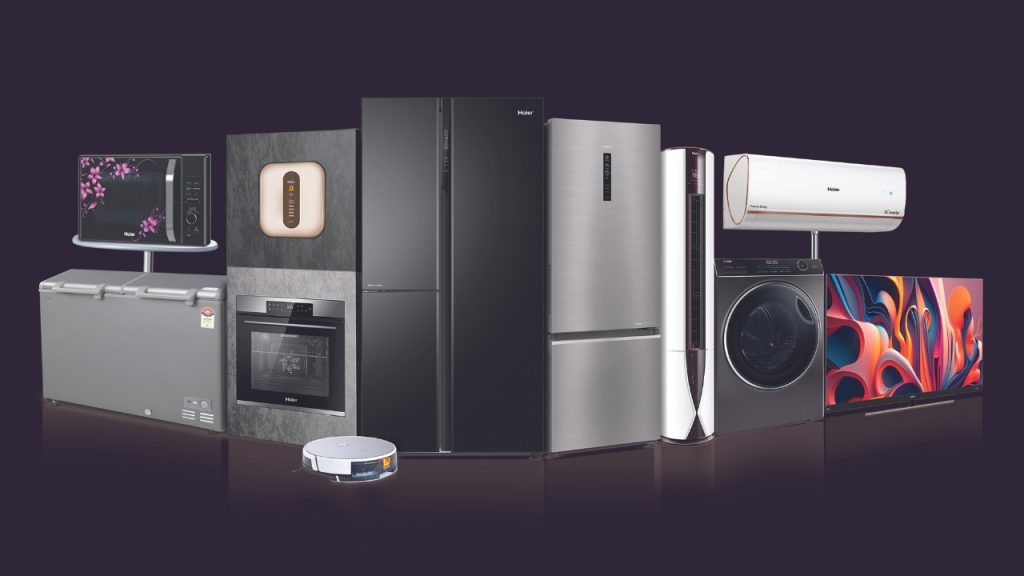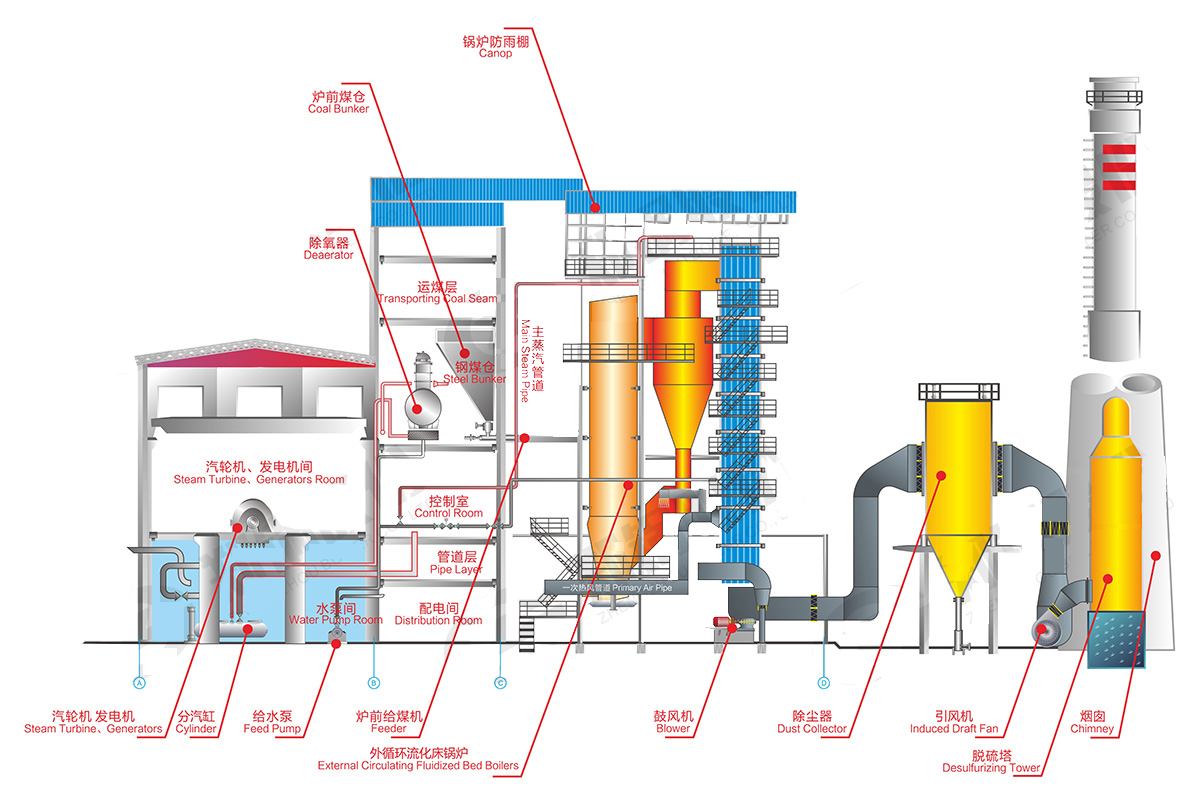
The way we live, work, and manage our homes has transformed drastically in the last decade. With the rapid growth of technology, smart appliances have emerged as powerful tools to redefine modern living. From kitchen innovations to energy-efficient cleaning systems, these devices are making households more streamlined, sustainable, and convenient. The dream of saying “My house organized” is no longer a fantasy—it is a reality made possible by smart appliances.
The Rise of Smart Appliances in Modern Living
Smart appliances are household devices embedded with advanced technology, internet connectivity, and artificial intelligence. Unlike traditional appliances, these devices are capable of communicating with one another, learning user habits, and adjusting themselves automatically to improve efficiency. Their growth has been accelerated by the increasing popularity of smart home ecosystems such as Amazon Alexa, Google Home, and Apple HomeKit, which provide seamless integration and voice-controlled operation.
Modern homes are no longer just about shelter; they are about comfort, personalization, and efficiency. Appliances that can be controlled through smartphones or voice commands are revolutionizing daily routines. Imagine preheating your oven while driving home from work, adjusting your thermostat from your bed, or checking your refrigerator’s contents while grocery shopping. These conveniences highlight why more families are investing in smart technology.
Transforming the Kitchen with Smart Appliances
The kitchen, often considered the heart of the home, has been completely redefined by smart appliances. Smart refrigerators now feature touchscreen interfaces, internal cameras, and Wi-Fi connectivity. These allow homeowners to check food supplies remotely, create digital grocery lists, and even receive recipe suggestions based on the ingredients inside.
Smart ovens and microwaves offer precise cooking functions. They can be programmed to cook dishes perfectly with minimal effort, reducing the risk of overcooking or undercooking. Some even have AI capabilities to recognize the type of food placed inside and adjust cooking settings automatically.
Dishwashers, another essential in modern kitchens, are also becoming more intelligent. Energy-efficient models track water usage and recommend optimal cleaning cycles based on load size and dirt level. This not only saves resources but also ensures dishes come out spotless every time.
Laundry Made Smarter and Easier
Laundry, often seen as a time-consuming household chore, has been revolutionized by smart washing machines and dryers. Today’s models allow users to control washing cycles via mobile apps, notify them when clothes are ready, and even diagnose potential mechanical issues before they escalate.
Some advanced machines automatically detect fabric type and adjust water levels, detergent usage, and cycle duration for optimal results. Energy efficiency is another key highlight, as many models are designed to reduce water and electricity consumption, aligning with eco-friendly living standards.
By streamlining laundry processes, smart appliances ensure homes remain efficient and clean while saving families both time and effort. For those who value the phrase “My house organized,” these machines contribute significantly to household harmony.
Smart Climate Control for Comfort and Savings
Heating, ventilation, and air conditioning systems have also undergone a smart transformation. Smart thermostats, for example, learn user preferences over time and adjust temperatures automatically to ensure comfort while minimizing energy consumption.
With sensors that detect room occupancy, these thermostats can reduce energy waste by shutting down when no one is present. Mobile connectivity allows homeowners to adjust temperatures from anywhere, ensuring they return to a perfectly comfortable environment.
Air purifiers and humidifiers are also integrating with smart systems, providing real-time air quality monitoring and personalized adjustments for healthier living conditions. These appliances play a vital role in maintaining a clean, breathable, and energy-efficient indoor environment.
Enhancing Home Security with Smart Technology
Smart appliances are not only about convenience but also safety. Smart locks, security cameras, and video doorbells allow homeowners to monitor and control access to their homes remotely. Notifications are sent instantly to smartphones when suspicious activity is detected, ensuring peace of mind even when away from home.
Smoke detectors, carbon monoxide alarms, and leak detectors have also become smarter, integrating with mobile apps to alert homeowners immediately in case of potential hazards. These advancements prevent disasters and provide families with an added layer of protection.
Entertainment and Smart Living Spaces
Beyond functional appliances, smart technology extends into entertainment and ambiance. Smart TVs now connect seamlessly with streaming services, home assistants, and even gaming systems, offering a centralized hub for leisure.
Smart lighting systems, which can be dimmed, color-adjusted, or scheduled through apps, help create the perfect mood for any occasion. They also contribute to energy savings by turning off automatically when not needed.
Speakers, projectors, and other entertainment devices integrated with AI assistants bring convenience, luxury, and enjoyment, making modern homes not just efficient but also delightful.
Energy Efficiency and Sustainability
One of the greatest benefits of smart appliances is their contribution to sustainable living. By monitoring usage patterns and optimizing performance, these devices significantly reduce energy and water consumption. Smart energy meters provide real-time data on electricity usage, allowing homeowners to make informed decisions about reducing their carbon footprint.
For families aiming to live more sustainably, smart appliances are a perfect investment. They not only make “My house organized” but also ensure it is eco-friendly and cost-efficient in the long run.
The Role of Artificial Intelligence and Machine Learning
Artificial intelligence plays a central role in the functionality of smart appliances. With the ability to analyze data and learn from user behavior, appliances can predict needs and adapt automatically. For instance, a smart coffee machine can remember your morning routine and have your coffee ready at the exact time you usually wake up.
Similarly, robotic vacuum cleaners use AI-powered navigation to map floor plans, detect obstacles, and adjust cleaning routes. These devices ensure every corner of the house is cleaned with minimal effort from homeowners.
Machine learning continues to enhance the intelligence of appliances, making them smarter over time and ensuring they remain valuable investments in modern homes.
Challenges and Considerations
While smart appliances offer numerous benefits, there are certain challenges that homeowners must consider. Privacy and data security are top concerns, as these devices often rely on internet connectivity. Ensuring strong passwords, secure networks, and regular software updates is essential to safeguard against potential cyber threats.
Additionally, the initial cost of smart appliances can be higher than traditional ones. However, their long-term benefits in terms of convenience, energy savings, and durability often outweigh the upfront investment.
The Future of Smart Homes
The future of smart appliances is incredibly promising. With the continued advancement of artificial intelligence, voice recognition, and Internet of Things (IoT) technology, homes will become even more efficient, intuitive, and interconnected.
We can expect appliances that collaborate seamlessly, predicting needs before we even express them. For instance, a smart refrigerator could communicate with a grocery delivery service to automatically replenish items, while a smart oven prepares meals in sync with your calendar schedule.
Robotics and automation will also play a bigger role, making household chores nearly effortless. These advancements will continue to redefine the concept of organized, efficient, and convenient homes.
Conclusion
Smart appliances are more than just modern luxuries; they are essential tools for creating efficient, safe, and comfortable living spaces. They transform kitchens, streamline laundry, optimize energy use, and enhance security while making daily tasks effortless.



